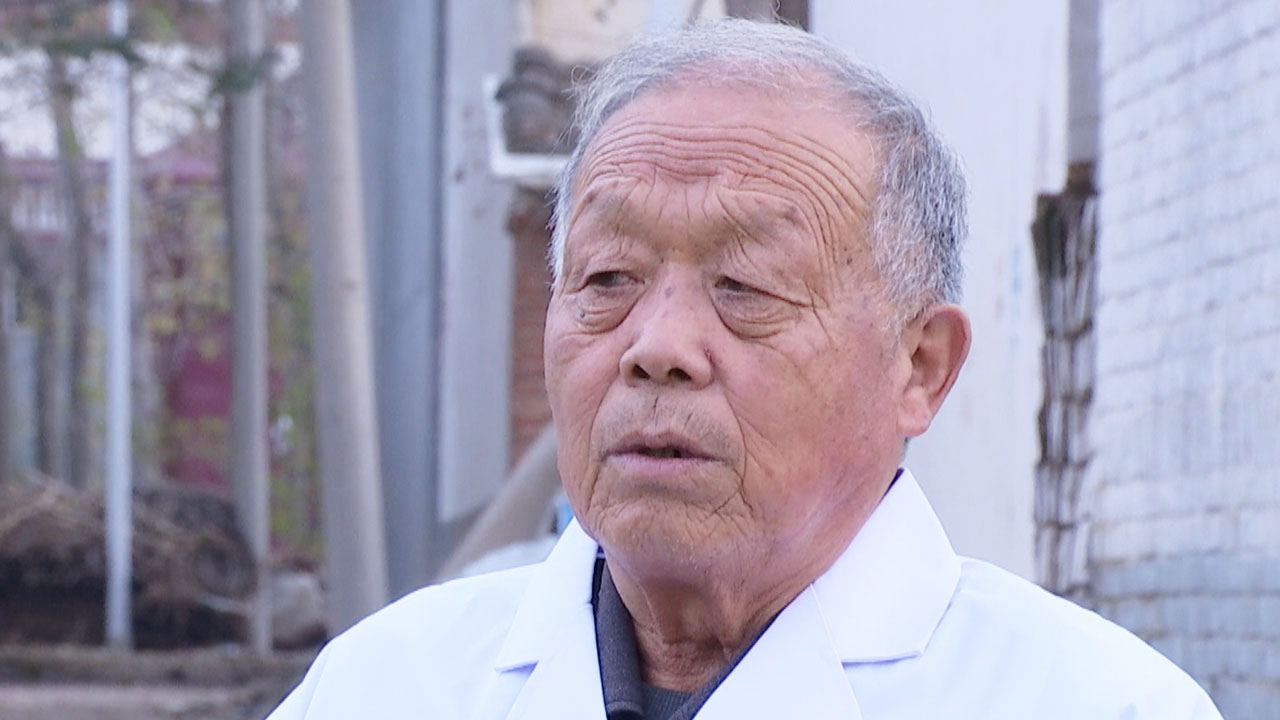
Health
17:02, 01-Dec-2018
World AIDS Day: Where China's 'AIDS villages' are today
Updated
16:39, 04-Dec-2018
By Li Jianhua, Zhang Youze
02:29

China's “AIDS villages” are home to many who have lived with the disease for decades.
Seventy-four-year-old doctor Wu Zhongren has devoted his entire life helping those in the central Chinese village of Goutun fight the disease.
Specializing in traditional Chinese medicine, Wu also uses modern methods to treat his patients. The medicine is free – sponsored by the Chinese government starting in 2003 – but the pills are hard to swallow because of their side effects.
“We are still relying on imported medications – some from the U.S. Their side effects are strong, like nausea and headaches. As a result, my patients can only take small doses,” said Wu Zhongren.
The population of Guotun stands at 1,756, while the number of residents with HIV/AIDS is about 114, accounting for 6.49 percent of the village's population, according to the local medical team.
Among the villagers with HIV/AIDS, Wu's 22-year-old grandson is included. This young man, identified as Mao Mao, was born with the disease. His mother died of AIDS years ago. Mao Mao has been taking antiviral drugs for over 10 years, which has become an integral part of his life.
“We are like everyone else if we receive proper treatment. Many of us don't fear discrimination. You won't know that I'm HIV-positive unless I tell you, and you won't discriminate against me if you don't know. It's only the fear in us that people may find out we are AIDS patients and discriminate against us,” said Mao Mao.
Many contracted HIV from selling blood in the 1990s. The improper practice of taking blood from villagers back then in the so-called “blood stations” – over 230 of them in central China's Henan Province – was considered the culprit for the tragedy, according to the villagers.
Guotun, as well as many other such villages, have been called “AIDS villages” by outsiders since the 1990s. Mao Mao told CGTN that the term is a misnomer and shouldn't exist at all.
Help from social entrepreneur in Henan
Founder of the Chi Heng Foundation, Chung To is a social entrepreneur who has supported the lives of tens of thousands of children with the disease, along with kids whose parents have passed away from AIDS.
To started helping patients in one of the AIDS villages back in the 1990s. His visit to one of the villages transformed his life, leading him to start the organization.
“Twenty some years ago, I was working in New York on Wall Street for an investment bank. I had a pretty comfortable life … According to my plan, it was unlikely that I would cross paths with AIDS orphans in very remote villages in China,” said To in an interview with CGTN this May.
In the hope of ridding people of the stereotypes against HIV/AIDS, To holds up to 50 talks every year at various forums.
He also established a bakery called Shanghai Young Bakers to help these children stand on their feet financially.
“I think people with HIV should have the right to form a family, and should have the right to have their own children,” said To.
To also does something that's deemed slightly controversial – matchmaking for those with HIV. A total of 52 couples have been matched from his efforts, and 32 have had children.
(Top image: Wu Zhongren, 74-year-old country doctor in central China's Henan Province /CGTN Photo)

SITEMAP
Copyright © 2018 CGTN. Beijing ICP prepared NO.16065310-3
Copyright © 2018 CGTN. Beijing ICP prepared NO.16065310-3